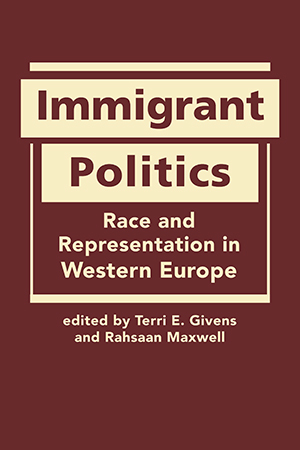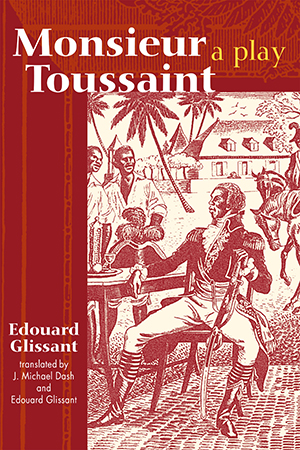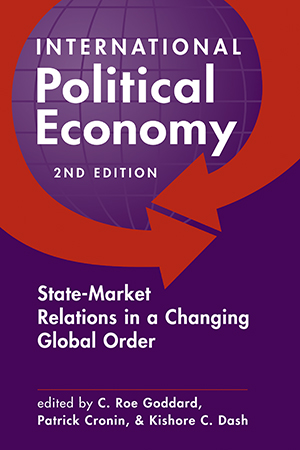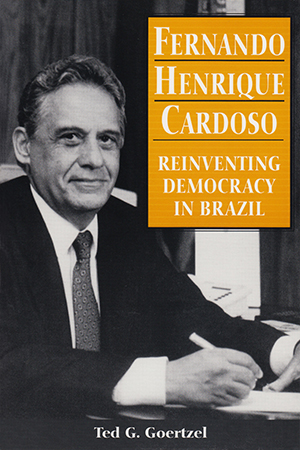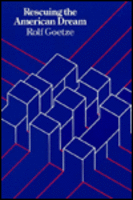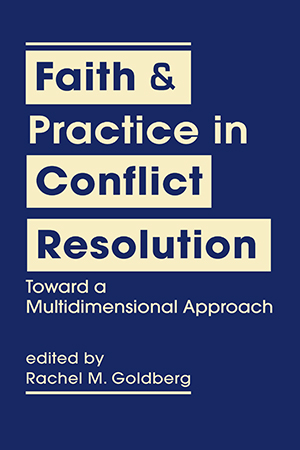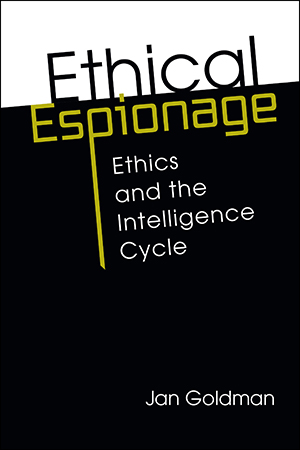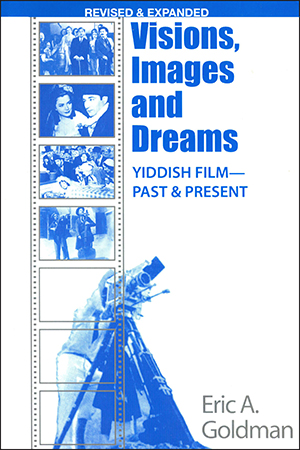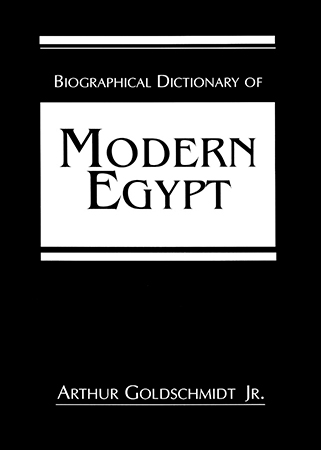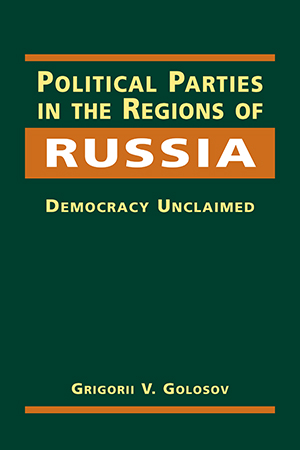BOOKS
Do ethnic minority politicians play a meaningful role in Western Europe? How do European publics feel about nonwhite politicians? How are political parties reaching out to ethnic minority More >
Edouard Glissant's Monsieur Toussaint tells the tragic story of Toussaint L'Ouverture, the charismatic leader of the revolution—the only successful slave revolt in More >
Introducing the classic and contemporary ideologies of international political economy, this anthology has been carefully constructed for classroom use. Articles representing contending More >
Fernando Henrique Cardoso’s personal trajectory is unquestionably intertwined with the main intellectual and political debates in Brazil (and Latin America) in the second half of the More >
What would the work of conflict resolution look like if practitioners not only recognized that it is impossible for them to be neutral—and that there are dangers in believing More >
Can spying ever be ethical? What role do ethics play in intelligence missions shrouded in secrecy? Can the end justify the means? Jan Goldman confronts these thorny questions as he charts More >
From the early Yiddish silent movies, to the innovative Soviet-supported productions of the 1920s, to the Golden Age of the 1930s, to the present revival of the genre, Eric Goldman traces More >
Scholars and writers often encounter problems when conducting research on Asian and African countries because of the scarcity or inaccessibility of information about the lives of significant More >
Political parties typically are assumed to be essential for contemporary democratic government and governance. Why, then, has the regime change in Russia failed to produce viable political More >



